How to Make Ice in an Emergency
Ice is often taken for granted, but when you need it, you really need it. Just like getting clean cool water from your tap on a hot day, an ice maker is one of the home appliances we also take for granted. One of the best purchases I’ve made in the past year is a small Frigidaire ice maker I have in my bedroom. I can get fresh ice during the night for my water jug without having to go to the kitchen. I’m amazed at how much it produces!
Whether you’re trying to keep food fresh during a power outage or cool down a fever in the absence of modern medicine, knowing how to make ice in an emergency can be a lifesaver. There are several methods to create ice even when dealing with unfavorable circumstances.
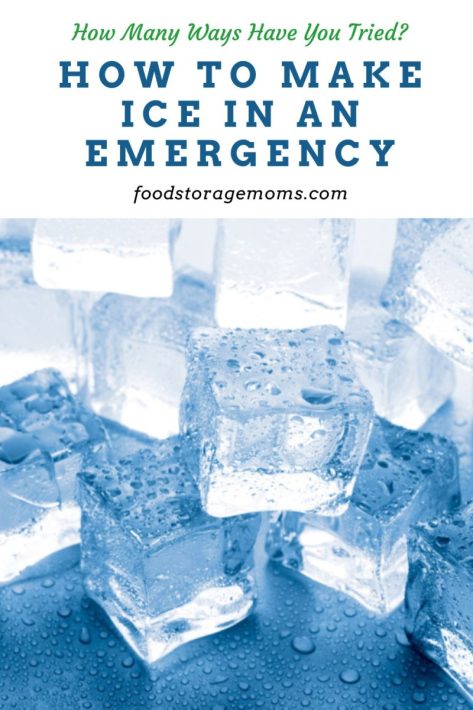
Why do you need ice in an emergency?
- If someone is suffering from heat stroke, ice can be used to lower their body temperature back to normal levels. Staying cool and hydrated can be a challenge on these hot summer days. If you’ve had heat and hydration issues in the past, that’s medical information you need to pass on to health professionals if they are treating you for those symptoms at any time.
- In the event of a power outage, ice can help keep perishable foods (like dairy products, eggs, poultry, and fresh meat) from spoiling. If we have young children or infants we need to make sure we can keep foods, including baby formula, safe to drink. Keeping food safe to eat is important for the whole family.
- Ice can be applied to injuries to reduce swelling and numb pain. It’s especially useful for sprains, strains, small fractures, and other minor injuries.
- For certain types of minor burns, applying a cold compress can relieve pain and prevent further damage.
- Some medications need to be kept at low temperatures to maintain their effectiveness. Ice can be used to transport these medications during emergencies.
- In extreme cases, if you’re out of potable water, ice can be melted and used as a drinking source (as long as it’s from a safe source).
- During heatwaves or in hot climates, ice can be used to cool down living spaces, providing relief from the heat. The downside is it’s hard to make a high volume of ice for this purpose, particularly any block ice.
Understanding the Basics
Ice forms when water freezes, which typically occurs at a temperature of 0 degrees Celsius (32 degrees Fahrenheit). To create ice, we must lower the temperature of water to its freezing point or below.
Using Salt
Salt can be used to lower the freezing point of water. This method requires a container, ice, water, and salt.
- Step One: Fill a small container (like a cup or a small bag) with water.
- Step Two: In a larger container, mix ice and salt. The ratio should be roughly 3:1, ice to salt.
- Step Three: Place the smaller container within the larger one, making sure the salty ice-water mixture surrounds it.
- Step Four: Wait for a few hours. The salt will cause the ice to melt, absorbing heat from the surroundings, including the small container of water, which in turn freezes.
Evaporation Cooling
This is a natural process that requires a windy area and a piece of cloth.
- Step One: Fill a container with water.
- Step Two: Cover the top of the container with a wet cloth.
- Step Three: Place the container in a windy area. As the wind blows, it will speed up the evaporation process on the wet cloth, reducing the temperature of the water inside the container.
- Step Four: Wait for several hours or overnight. Depending on the weather conditions, you may end up with ice.
Using the Power of Pressure
This method involves using a fire extinguisher. Please note you should follow proper directions when doing this.
- Step One: Fill a container with water.
- Step Two: Use a CO2 fire extinguisher and release its contents into the water. The rapid release of pressure will quickly cool the water, forming ice.
Utilizing the Great Outdoors in Cold Weather
If you’re in a cold environment, nature can do the job for you.
- Step One: Fill a container with water.
- Step Two: Place the container outside at freezing or sub-zero temperatures.
- Step Three: Wait for the water to freeze. The time it takes will depend on the temperature outside.
Using a Solar Cooler
A solar cooler is another innovative way to make ice in emergency situations or when you’re off the grid. These coolers work by harnessing the power of the sun to create a cooling effect.
When the solar panel receives sunlight, it generates electricity which powers a refrigeration process inside the cooler. This process involves the absorption and release of heat, resulting in a cooling effect.
- Step One: To make ice, fill an ice tray with water and place it in the solar cooler.
- Step Two: Depending on the efficiency of your cooler and the intensity of the sunlight, you could have ice within a few hours.
This method is particularly useful for camping trips, remote locations, or during power outages when traditional methods of making ice aren’t available.
How to Use Dry Ice to Make More Ice
- Step One: Place dry ice in the bottom of a cooler or a similar insulated container.
- Step Two: Put a thin barrier (like cardboard or several layers of newspaper) over the dry ice to prevent direct contact with the water.
- Step Three: Place a tray of water above this barrier. The cold air produced by the dry ice will circulate around the water, freezing it much quicker than a traditional freezer.
Remember to handle dry ice carefully as it’s extremely cold (-109.3°F or -78.5°C), and direct contact can cause frostbite.
More Emergency Tips
- Utilizing Palm Trees in an Emergency
- Emergency Prepping with Honey Bees
- Survival Food And Emergency Food Storage
Final Word
Remember, each of these methods comes with its own set of challenges and limitations in case of emergency, and results can vary based on the specific conditions you’re dealing with. However, understanding these techniques and why they work can help you in an emergency situation. May God Bless this World, Linda
Copyright Images: Ice Cubes Depositphotos_11053448_S, Ice Cubes On White Background Depositphotos_72904683_S

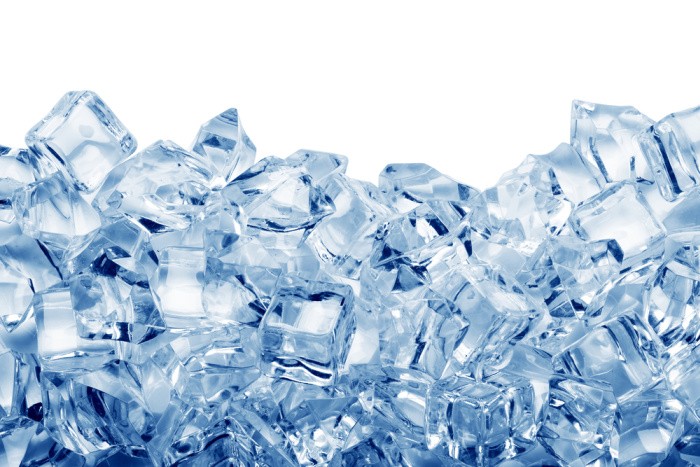


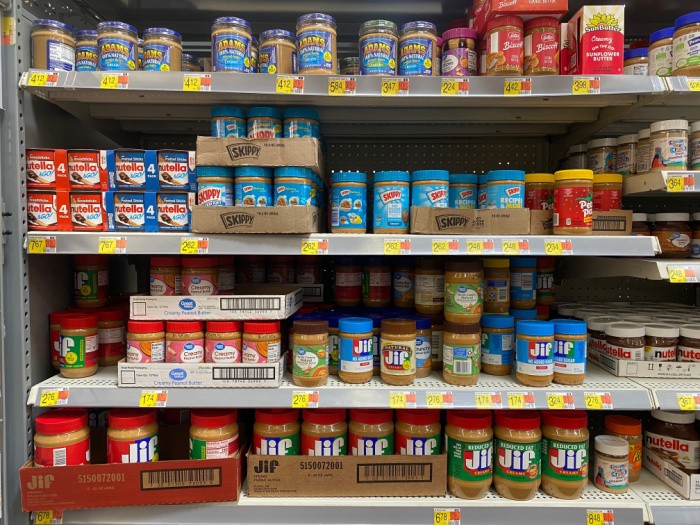
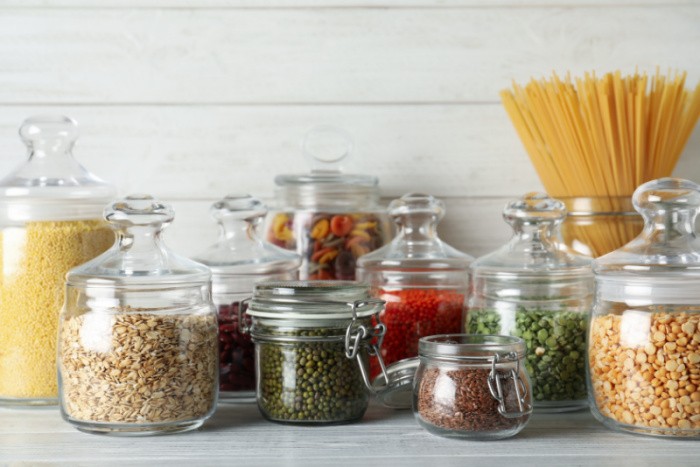
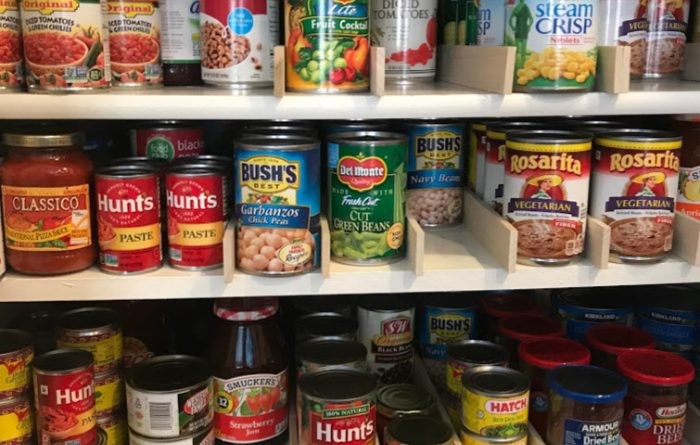

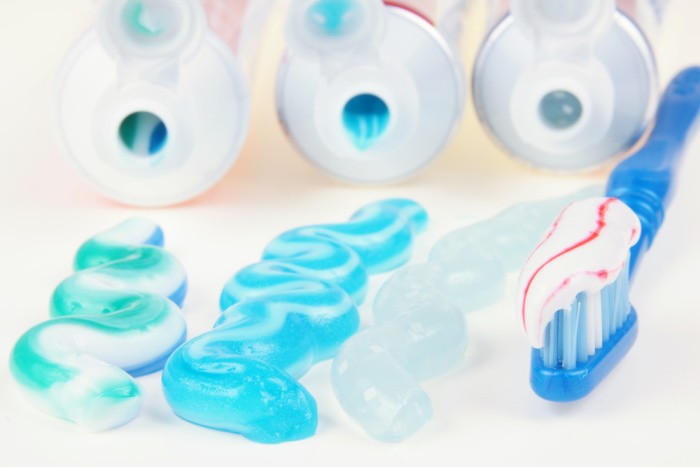
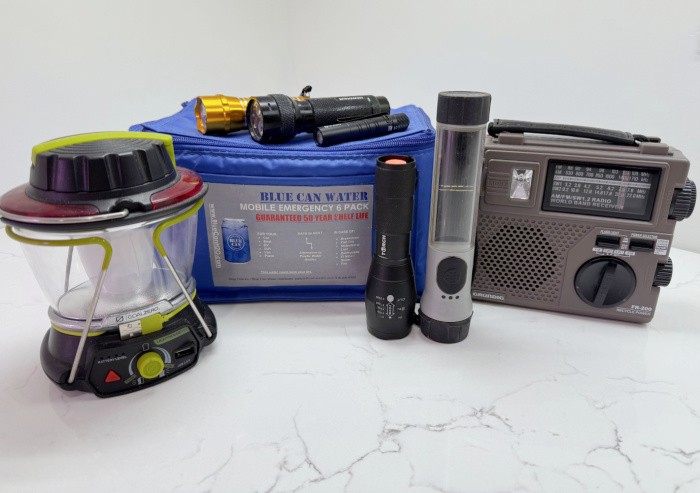
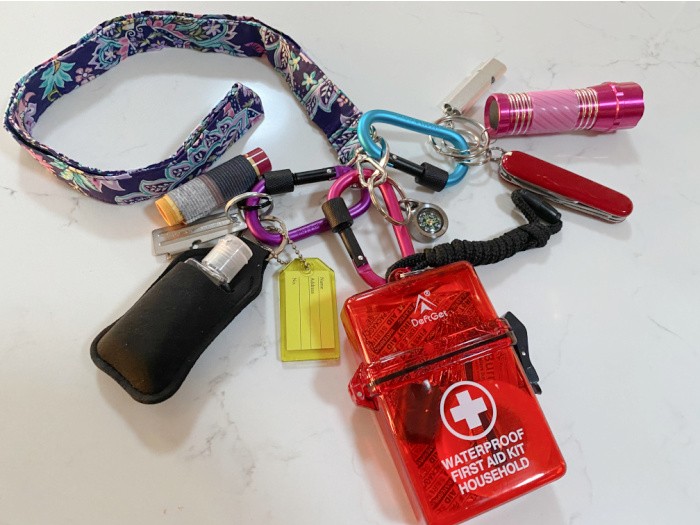











All I can think about is my ice chewing habit. I know I’m going to need these ice tips in an emergency LOL
Hi Jess, oh my gosh, the ice chewing habit, my daughter chews on ice! I love having ice every single day! Linda
Interesting, but the fastest method, like when you need it “right now” is using a fire extinguisher.
We don’t all have one, but we should and being able to keep things cool and make ice for medical emergencies is another good reason to invest in a couple. Now of course a solar cooler or a small fridge and a generator or a car and an inverter would be good too. Then we can have a way to keep cold food, insulin and stuff for babies.
Here you go again Linda, making me think and improve my prepping…. lol.
Hi Frank, oh I want one of those solar coolers!! I must say I’m always looking at new items to up my prepping game. This is why I love our “forum” here. We learn from each other. I need to look at the cost of a solar cooler, great idea! Linda
in regard to the “salt method” – if you watched the SHTF PAW TV series Jericho – the schoolteacher character used it to make medical needed ice >>>
just don’t make the same initial faux pas – metal container works best as the heat exchanger for quickest ice forming ….
HI Illini, oh, thank you for this information, I will have to check this out. Thank you, Linda